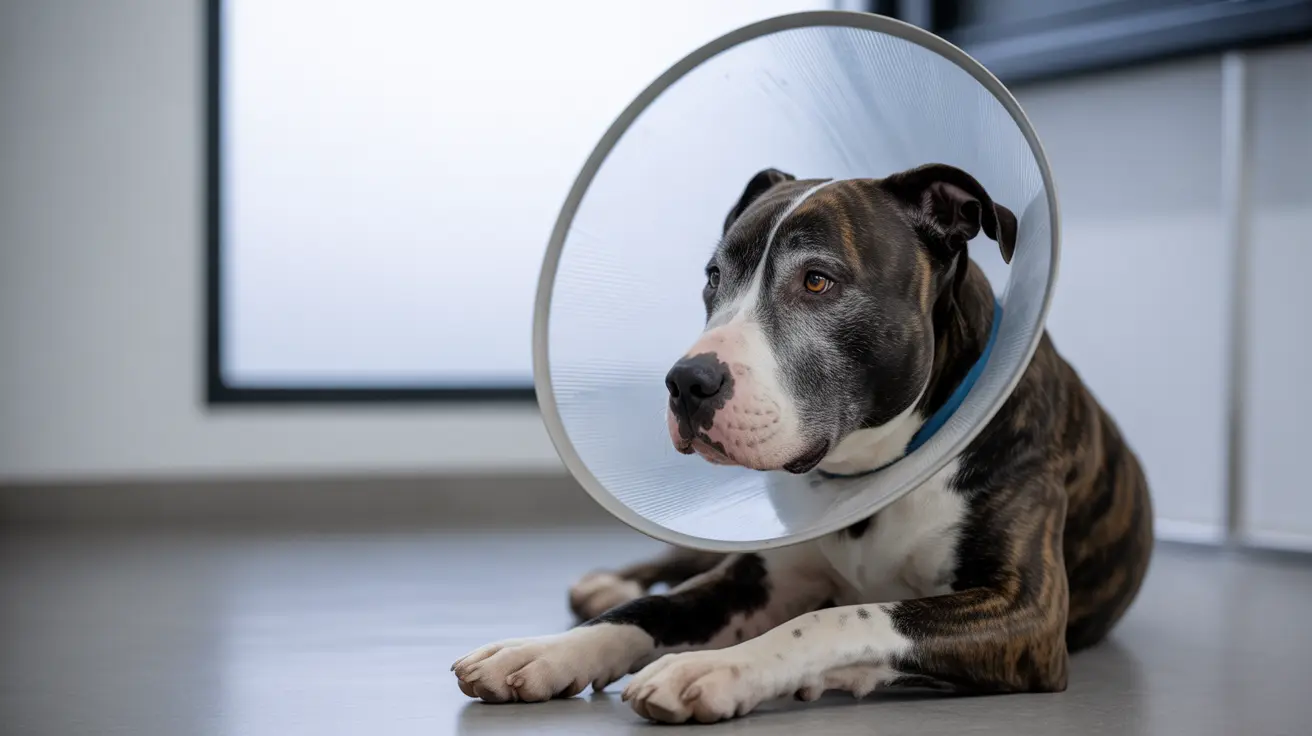A troubling case of animal cruelty in Craven County has taken a concerning turn as authorities discovered five additional dogs in the home of suspect Nicholas Midgette, who was already facing felony animal cruelty charges. This discovery represents a direct violation of a court order, highlighting the ongoing challenges law enforcement faces when dealing with repeat animal cruelty offenders.
The situation began when Craven County Animal Protective Services executed a search warrant on October 30th, leading to Midgette turning himself in on felony animal cruelty North Carolina charges. The recent discovery of five more dogs in his residence demonstrates a blatant disregard for legal restrictions and raises serious questions about animal welfare enforcement in the region.
This case underscores the critical importance of community vigilance and proper reporting channels for suspected animal abuse. Pet owners and community members must understand their role in protecting vulnerable animals and supporting law enforcement efforts to prevent ongoing cruelty.
Animal Cruelty Laws North Carolina: Understanding the Legal Framework
North Carolina takes animal cruelty seriously, with felony charges carrying significant legal consequences. When individuals violate court orders related to animal cruelty cases, they face additional charges that can compound their legal troubles. The state's animal protection laws are designed to prevent suffering and ensure that those who harm animals face appropriate consequences.
Court orders in animal cruelty cases often include restrictions on owning or harboring animals, mandatory surrender of existing pets, and regular compliance checks. Violating these orders demonstrates a pattern of disregard for animal welfare and legal authority that courts view seriously.
Craven County Animal Protective Services: Enforcement and Investigation
The work of Craven County Animal Protective Services involves complex investigations that require careful documentation and evidence gathering. When authorities execute search warrants, they must thoroughly assess the conditions animals are living in and determine whether cruelty or neglect has occurred.
These investigations often reveal ongoing patterns of animal mistreatment that extend beyond initial discoveries. The recent finding of five additional dogs in Midgette's home illustrates how animal cruelty cases can involve larger numbers of animals than initially apparent.
Animal Cruelty Prevention: Community Responsibility
Preventing animal cruelty requires active community involvement and awareness. Pet owners should understand the signs of animal abuse and know how to report suspected cases to appropriate authorities. Early intervention can prevent situations from escalating and save animals from prolonged suffering.
Communities can support animal welfare by staying informed about local cases, supporting animal protection organizations, and advocating for stronger enforcement of existing laws. Education about proper pet care and responsible ownership also plays a crucial role in prevention efforts.
Animal Cruelty Repeat Offenders: Addressing Systemic Issues
The violation of court orders in this Craven County case highlights the challenge of dealing with repeat offenders who continue to acquire animals despite legal restrictions. These situations require ongoing monitoring and swift enforcement action when violations occur.
Repeat offenses often indicate deeper issues that may require intervention beyond legal penalties. Some jurisdictions implement animal ownership bans and regular compliance checks to prevent further incidents, though enforcement remains challenging.
Frequently Asked Questions
What are the legal consequences for animal cruelty in North Carolina?
North Carolina classifies severe animal cruelty as a felony, which can result in significant fines, imprisonment, and restrictions on future animal ownership. Violating court orders related to animal cruelty cases can result in additional charges and penalties. The specific consequences depend on the severity of the cruelty and any prior offenses.
How can I report suspected animal cruelty in Craven County?
Suspected animal cruelty in Craven County should be reported to Craven County Animal Protective Services or local law enforcement. Provide as much detail as possible about the situation, including specific observations of animal conditions or treatment. Documentation such as photos or videos can be helpful if safely obtainable.
What happens to animals seized in animal cruelty investigations?
Animals seized during cruelty investigations typically receive immediate veterinary care if needed and are placed in protective custody. Depending on their condition and the legal proceedings, animals may be rehabilitated and made available for adoption once court cases are resolved. The goal is always to ensure their safety and find them appropriate permanent homes.
Moving Forward: Protecting Vulnerable Animals
The ongoing situation in Craven County serves as a reminder that protecting animals requires sustained effort from law enforcement, animal protection organizations, and community members. Cases like this demonstrate why vigilance and proper reporting are essential for preventing animal suffering.
As this case continues to develop, it highlights the importance of supporting strong animal protection laws and their enforcement. Every community member has a role to play in ensuring that animals receive the care and protection they deserve under the law.






